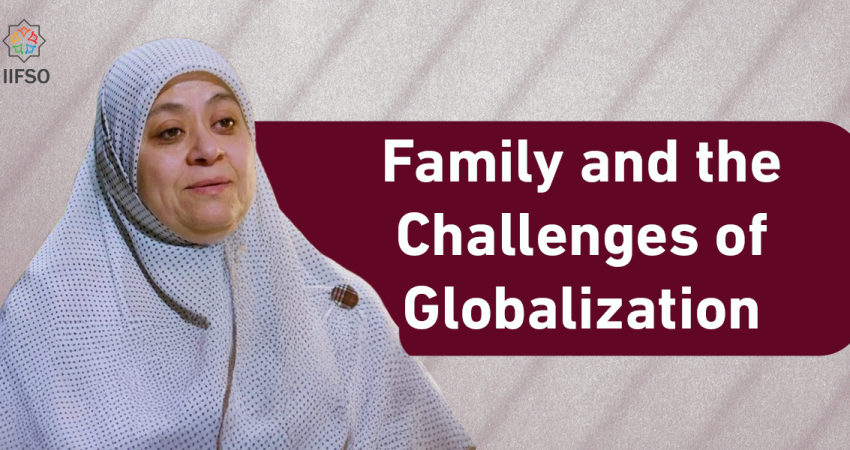

As part of the ongoing webinar series organized by the Women’s Affairs Department at the International Islamic Federation of Student Organizations (IIFSO), the second lecture was held on Wednesday, July 16, 2025, under the title:
“Family and the Challenges of Globalization.”
The lecture was delivered by Dr. Kamelia Helmy Touloun, Chair of the Family Committee at the International Union of Muslim Scholars, a member of the Advisory Board of the International Family Institute in Turkey, and a Board Member at the Global Forum for Thought and Culture.
Dr. Touloun opened the session by emphasizing that the family lies at the heart of the cultural and ideological struggle facing Muslim societies today. She argued that attempts to undermine the structure and role of the family are deeply intertwined with broader ideological agendas aimed at dismantling collective identities and reshaping individuals according to liberal Western models.
She noted that safeguarding the institution of the family requires more than moral commitment—it demands an informed and critical awareness of the tools and mechanisms employed to redefine values and social norms across Muslim communities.
The speaker referred to what she described as the “globalization of family norms,” propagated through international media, cinema, and United Nations platforms. These channels portray Western family structures as the universal ideal, promoting values such as absolute individualism, gender role fluidity, and the deconstruction of natural gender differences—values that increasingly influence legislation, education, and policy across the Muslim world.
A key focus of the lecture was the critical unpacking of certain ambiguous terms found in UN documents. According to Dr. Touloun, the deliberate vagueness of these terms enables reinterpretations that clash with Islamic principles. Among the most concerning were:
In the concluding segment, Dr. Touloun urged a shift from mere awareness to structured action. She outlined four key strategies:
This lecture reflects the IIFSO Women’s Department’s strategic commitment to addressing family and women’s issues through a values-based, globally aware perspective. It aims to cultivate a generation of Muslim students and youth leaders equipped with the knowledge and tools to defend their ethical and cultural identity in an increasingly contested global landscape.